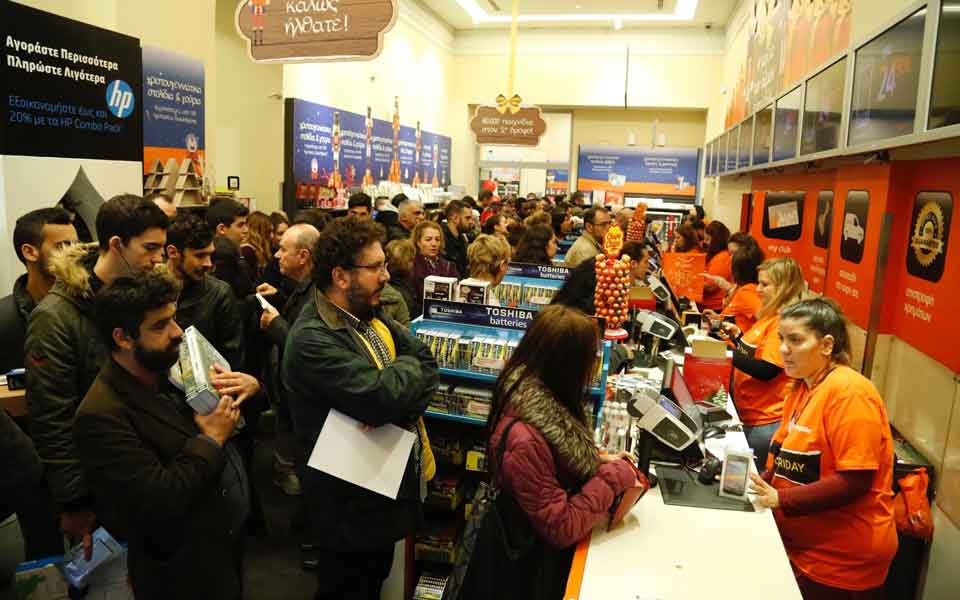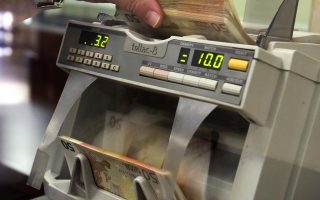Departing producers, tourism, tech purchases feed trade gap

Many Greek producers have transferred their business activities abroad and now export goods back to Greece, burdening the trade balance. At the same time, Greek consumers have adopted new habits and show a preference for cheaper imported goods. On top of that, the absence of Greek-produced vital commodities such as fuel and drugs, deindustrialization and the requirements of millions of tourists every summer serve to explain the trade deficit of 18-19 billion euros per year that burdens the economy today.
The latest available figures on goods imported to Greece (dating from 2015), issued by the Panhellenic Exporters’ Association, makes for some very interesting reading.
The most notable figure is the estimated 492 million euros spent on smartphones, tablets and laptops in 2015, two-and-a-half times as much as in 2011 (197.6 million euros). Telephone appliances (of all kinds) added up to 382 million euros, while TV sets and decoders came to 185 million euros. The cost of imports of chargers alone amounted to 63 million euros.
Another costly import was pork: Greeks’ favorite meat cost the economy about 358.2 million euros in 2015, followed by beef (260 million), while boneless meat – categorized separately – amounted to 103 million euros.
Roast coffee imports added up to 103 million euros compared with just 64 million in 2011. Despite the country’s considerable milk production, Greece imported a quantity that cost 115 million euros, while sugar imports reached 107 million.
In spite of the great variety of fruit Greece produces, it paid 97 million euros to import foreign fruit in 2015, led by bananas.
The problems faced by the Greek paper industry in recent years led to toilet paper imports soaring from 35 million euros in 2011 to 87.6 million in 2015.
Worse, the transfer of apparel companies to neighboring Balkan countries, as well as the price war among those that stayed in Greece, led to many garments ranking high in the list of imports: 96.17 million euros was spent on imported men’s trousers, 111 million on plastic footwear, 69 million on trainers, 153 million on other shoes and 236.4 million euros on knit blouses, to name but a few.





